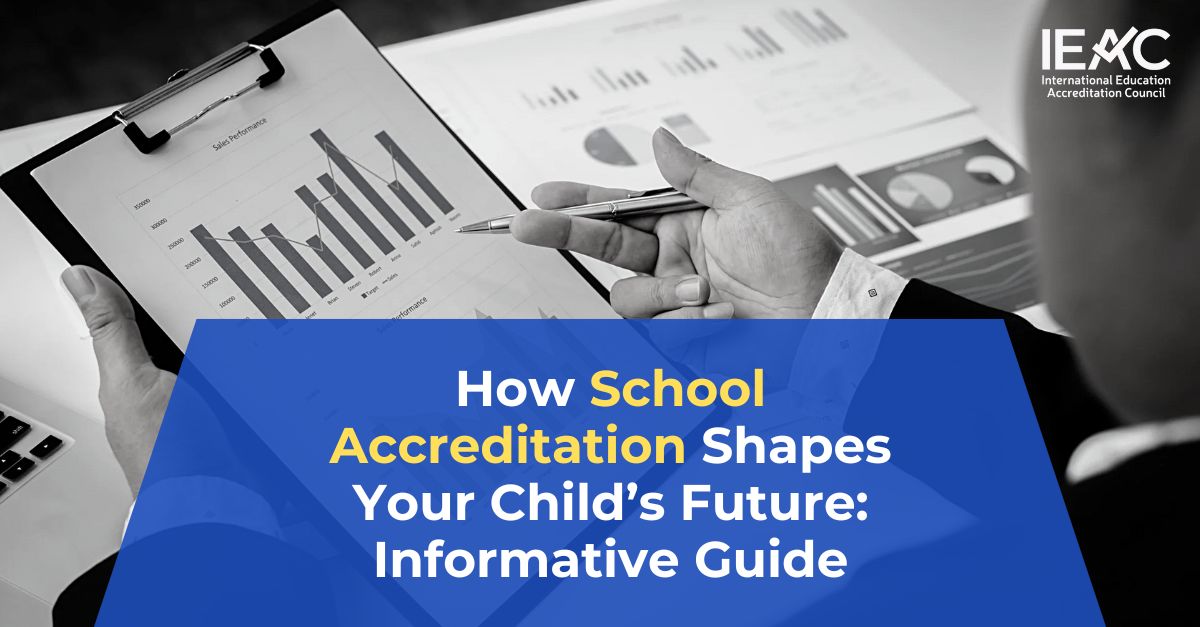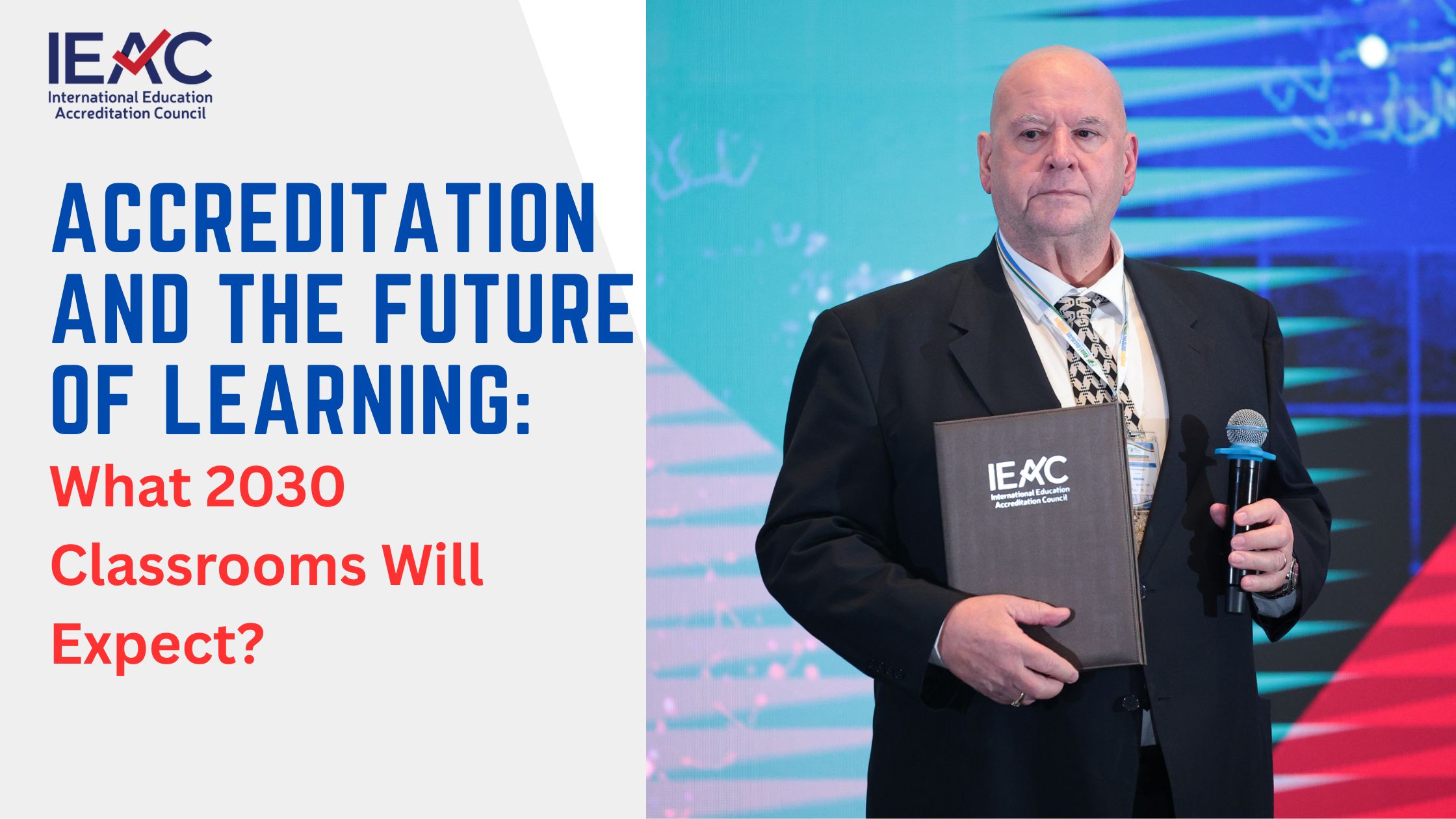- Home
- About IEAC
- Accreditation
- University Accreditation
- College Accreditation
- Online Institution Accreditation
- School Accreditation
- University Recruitment Agency Accreditation
- Programmatic Accreditation
- Teacher/ Lecturer Accreditation
- Religious Institutes Accreditation
- Affiliate Accreditation
- Research Accreditation Candidacy Accreditation
- IEAC Membership
- Institutions Accredited
- Accreditation Process
- Contact Us Webinar Apply Now
Blog
IEAC and the UN Global Compact, Advancing Ethical Standards in Human Rights, Labour, Environment, and Anti Corruption
Lorem ipsum dolor sit amet, consectetur adipiscing elit, sed do eiusmod tempor incididunt ut labore et dolore magna aliqua. Quis ipsum suspendisse ultrices gravida. Risus commodo viverra maecenas accumsan lacus vel facilisis.
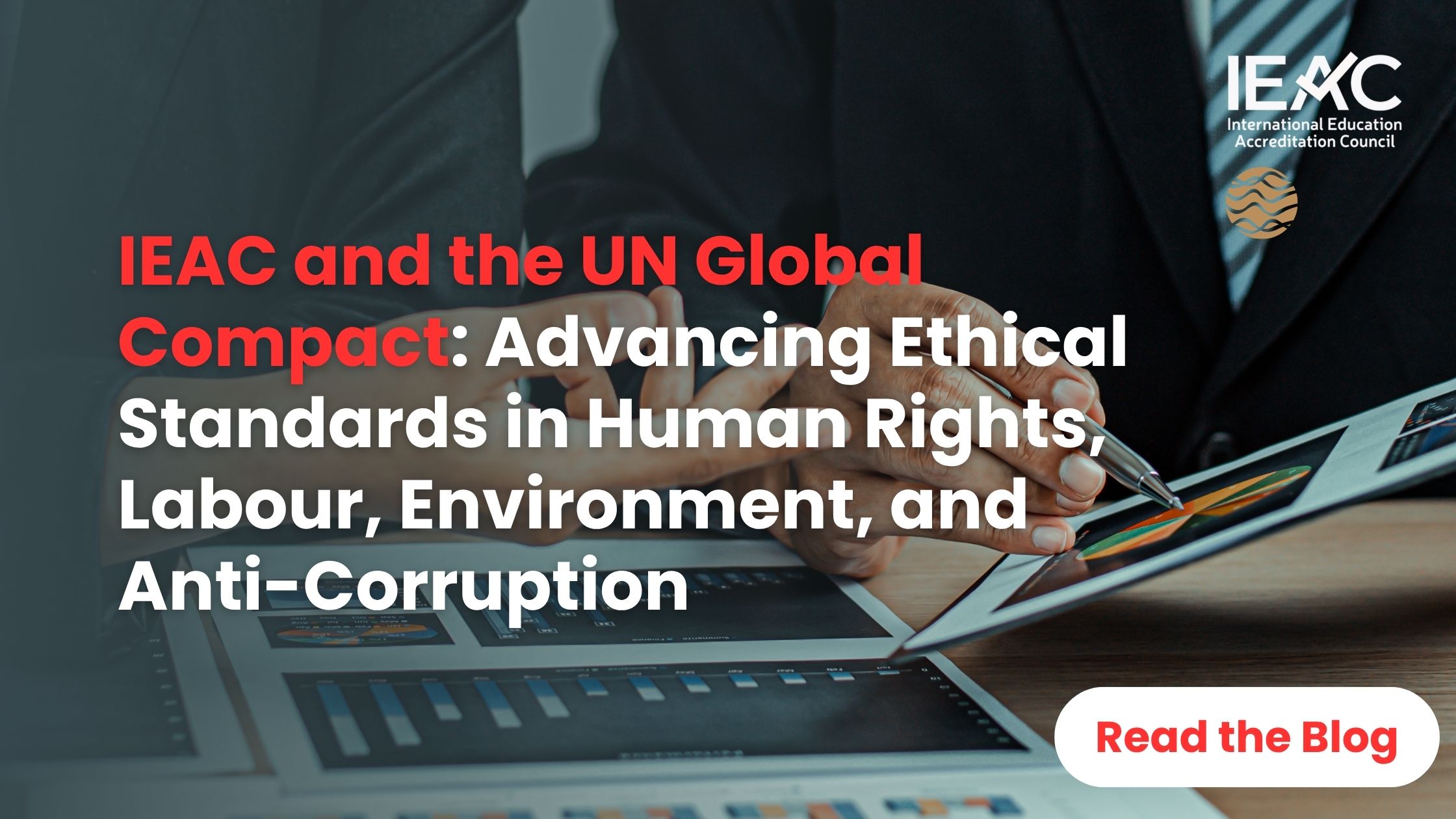
IEAC and the UN Global Compact, Advancing Ethical Standards in Human Rights, Labour, Environment, and Anti Corruption
IEAC plays a critical role in upholding the quality, credibility, and global recognition of educational institutions and programs. As a valued independent accreditation body, IEAC is dedicated to promoting excellence and driving continuous improvement in education through a transparent and comprehensive accreditation process.
By achieving IEAC accreditation, educational institutions establish their dedication to delivering meaningful, student-centered learning experiences while fostering an environment of accountability, transparency, and continuous development principles that align seamlessly with the UN Global Compact.
Human Rights: The first principles of the UN Global Compact hugely focus on the protection and respect for internationally stated human rights. IEAC actively supports these principles by promoting human rights education, advocacy, and policy development among its accredited institutions and partners.
IEAC encourages both businesses and educational institutions to implement policies that prevent discrimination, child labor, and forced labor while promoting diversity, equity, and inclusion. For educational institutions, this means creating inclusive campuses, offering equal learning opportunities, and embedding human rights into academic curricula.
Labour: Fair labor practices are central to both the UN Global Compact and IEAC's mission. The IEAC actively promotes decent work environments by advocating for fair wages, safe working conditions, and the rights of workers to unionize and collectively bargain in educational organizations.
IEAC recognizes organizations and institutions that adhere to international labor standards. Educational institutions accredited by IEAC commit to upholding fair hiring practices, non-discriminatory policies, and supportive work environments.
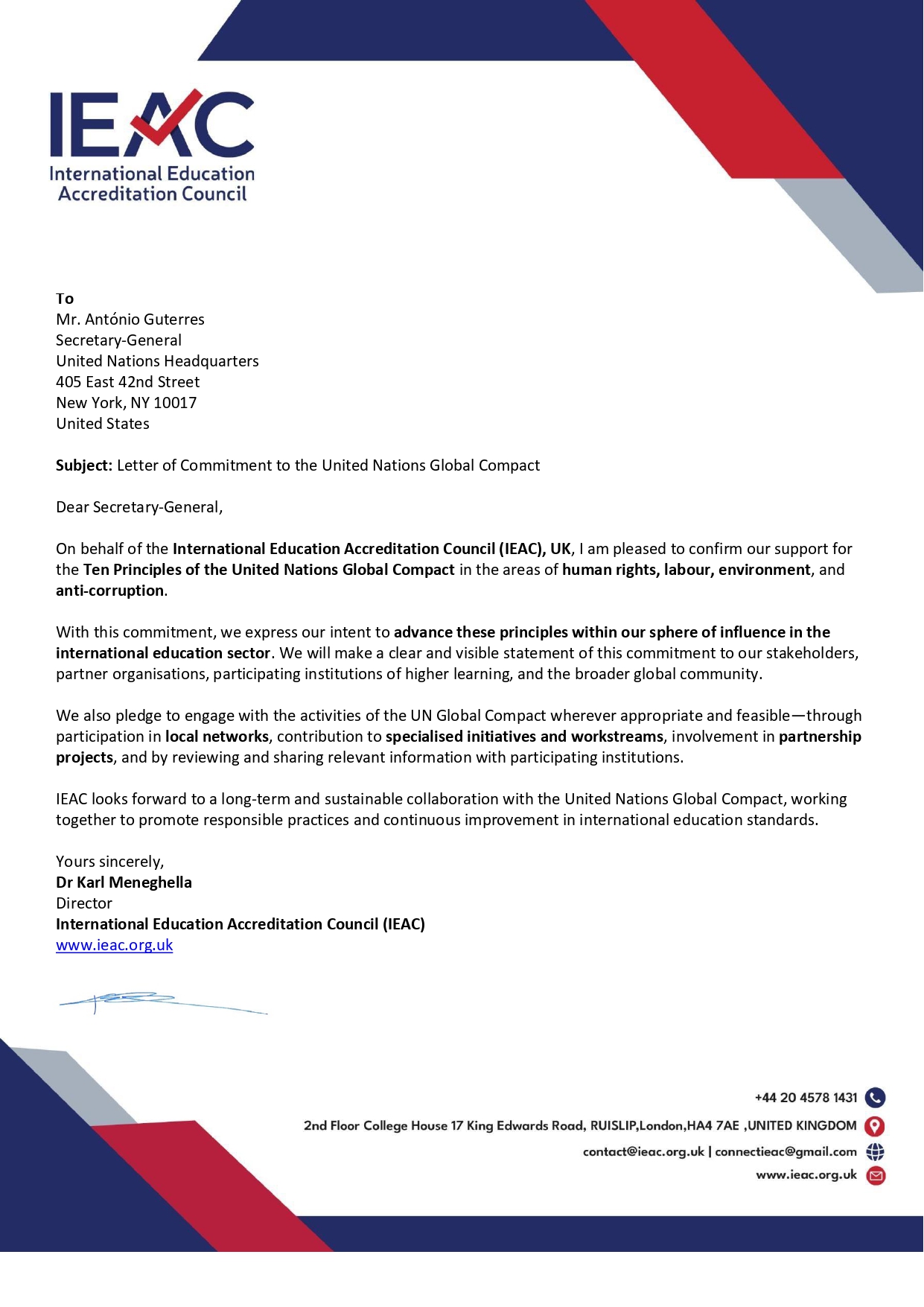
Environment: Environmental responsibility is more crucial than ever, and IEAC’s inspection policies aligns with the UN Global Compact's environmental principles by promoting eco-friendly policies. From reducing carbon emissions to encouraging circular economy models, IEAC offers guidance and recognition for educational organizations that prioritize environmental stewardship.
IEAC collaborates with educational institutions to integrate sustainability into campus operations, curricula, and community outreach. Initiatives include energy conservation, waste reduction, and climate change education.
Anti-Corruption: Businesses should take a firm stand against corruption in all its forms—including extortion and bribery—not only as a legal obligation but as a core ethical responsibility. Corruption undermines trust, distorts markets, and weakens the fabric of society.
By implementing strong internal controls, fostering a culture of transparency, and holding all stakeholders accountable, organizations can contribute to fairer economies and more sustainable development. Ethical business isn’t just good practice—it’s essential for long-term growth and global credibility. IEAC's "Transparency in Business" frameworks help institutions strengthen internal controls, uphold academic honesty, and prevent unethical behavior.
To End With
IEAC plays a pivotal role in upholding the quality, credibility, and global recognition of educational institutions and programs. As a respected independent accreditation body, IEAC is committed to fostering excellence and continuous improvement in education through a comprehensive and transparent accreditation process. Accreditation with IEAC is entirely voluntary but highly prestigious, serving as a mark of trust and reliability for institutions aiming to enhance their academic reputation and operational effectiveness.
Through a rigorous and multi-layered evaluation, institutions and programs are assessed against internationally benchmarked standards that emphasize academic integrity, student outcomes, faculty competence, curriculum relevance, infrastructure, and ethical governance. This meticulous review process ensures that accredited institutions not only meet but often exceed the expectations of quality, innovation, and global best practices in education.
By achieving IEAC accreditation, institutions demonstrate their dedication to delivering meaningful, student-centered learning experiences while fostering an environment of accountability, transparency, and continuous development. The accreditation also empowers institutions to attract high-caliber faculty, engage in international collaborations, and provide graduates with globally recognized qualifications that open doors to further studies and employment opportunities worldwide.
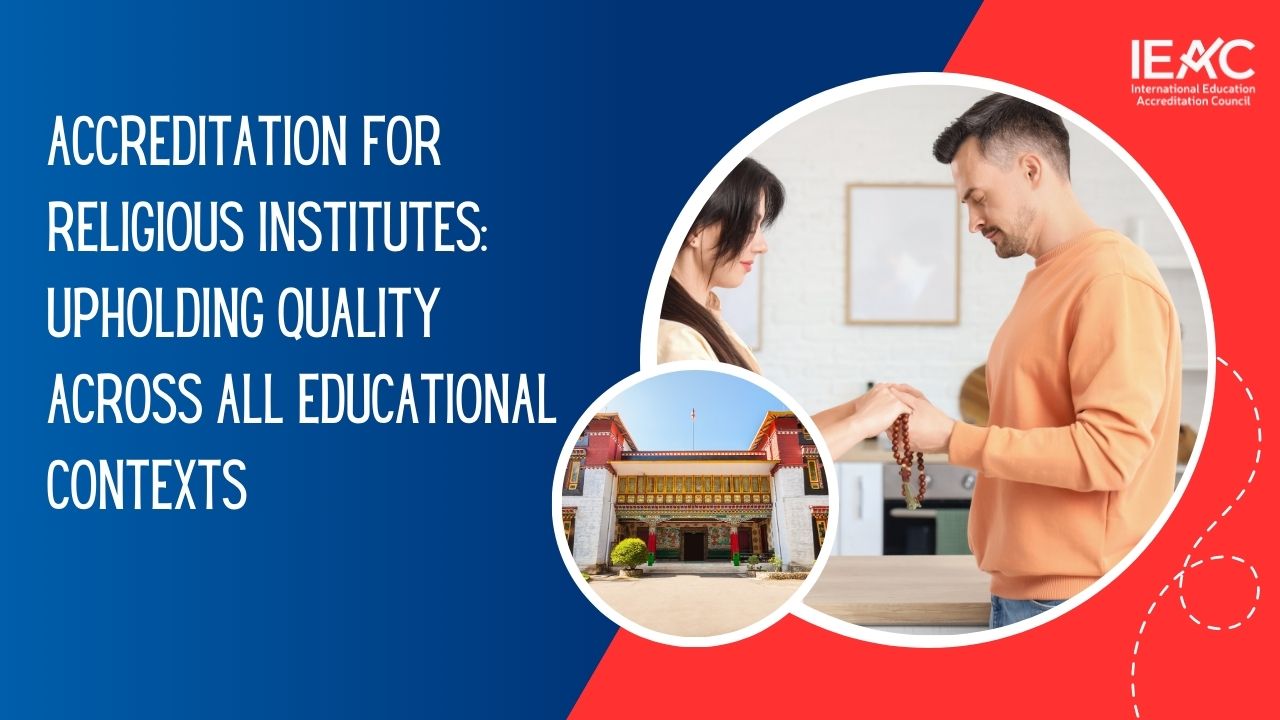

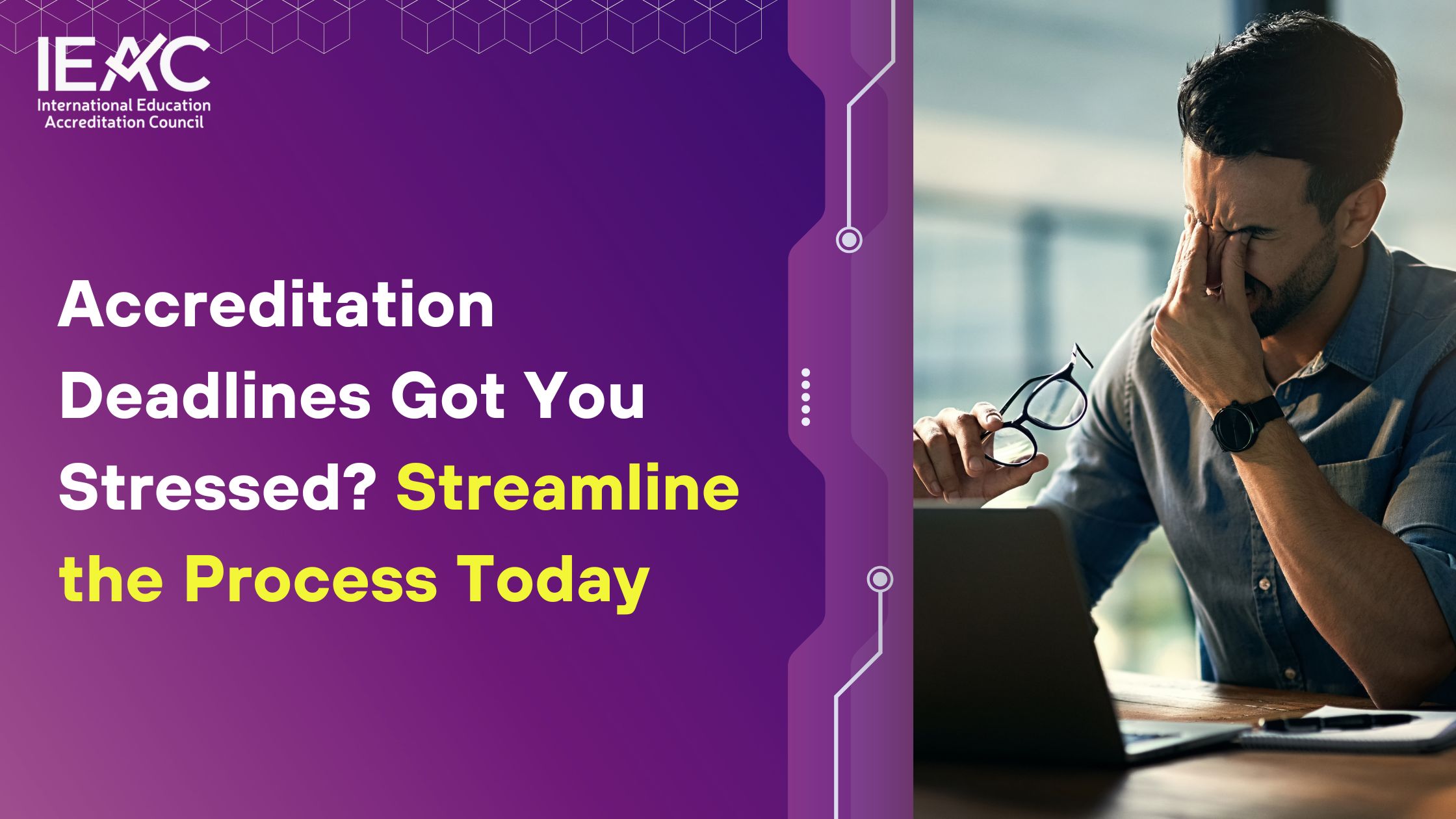
.jpg)
